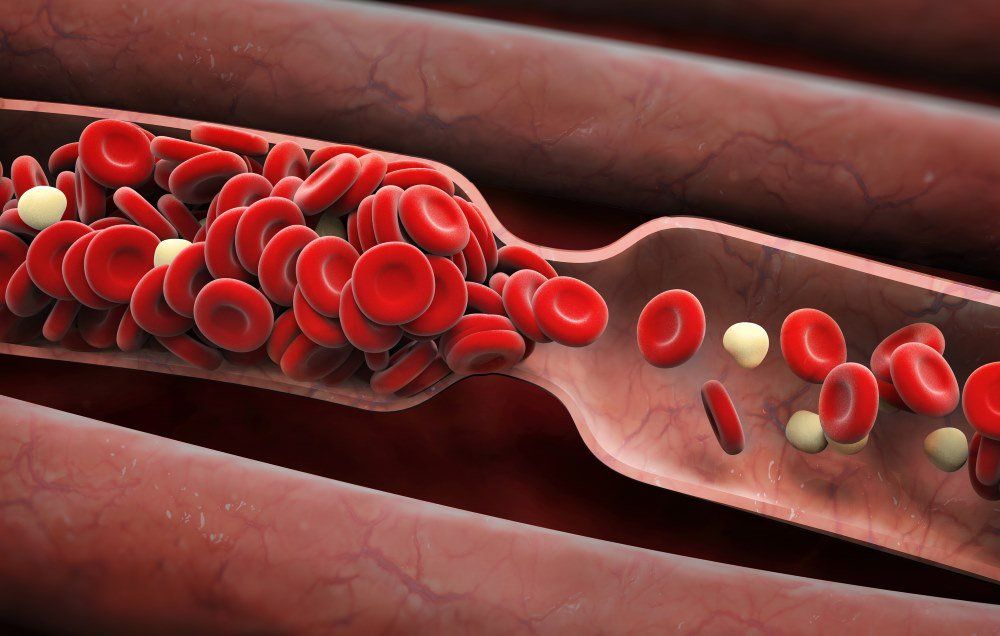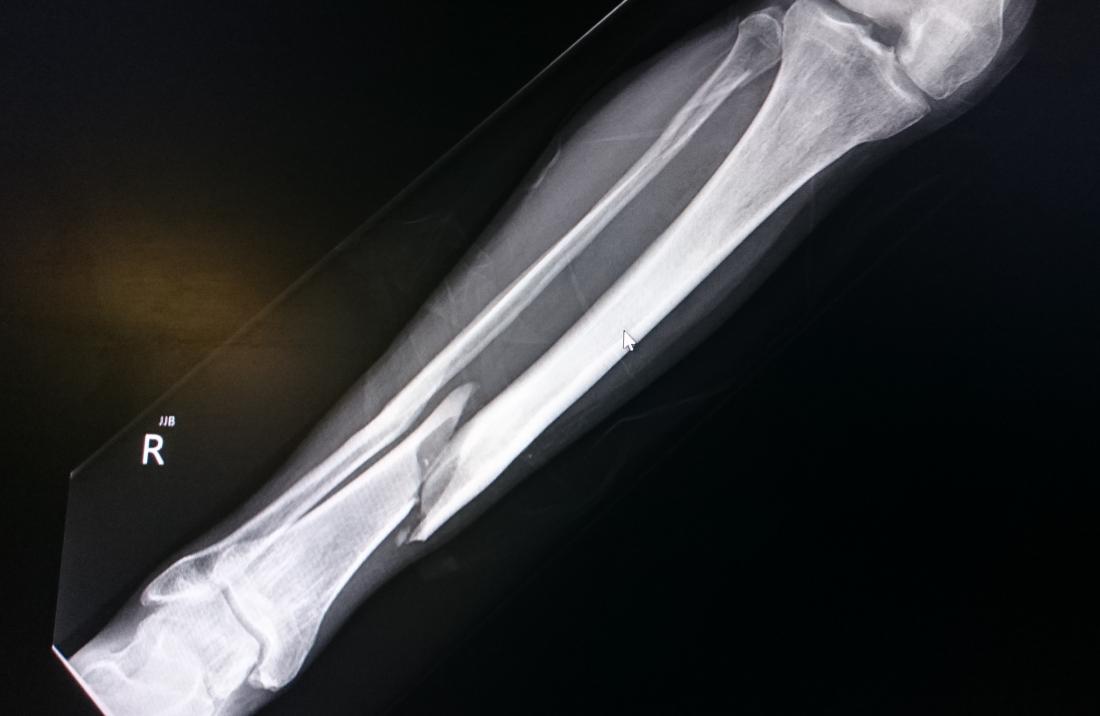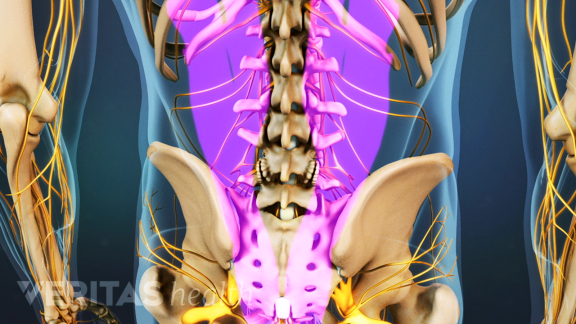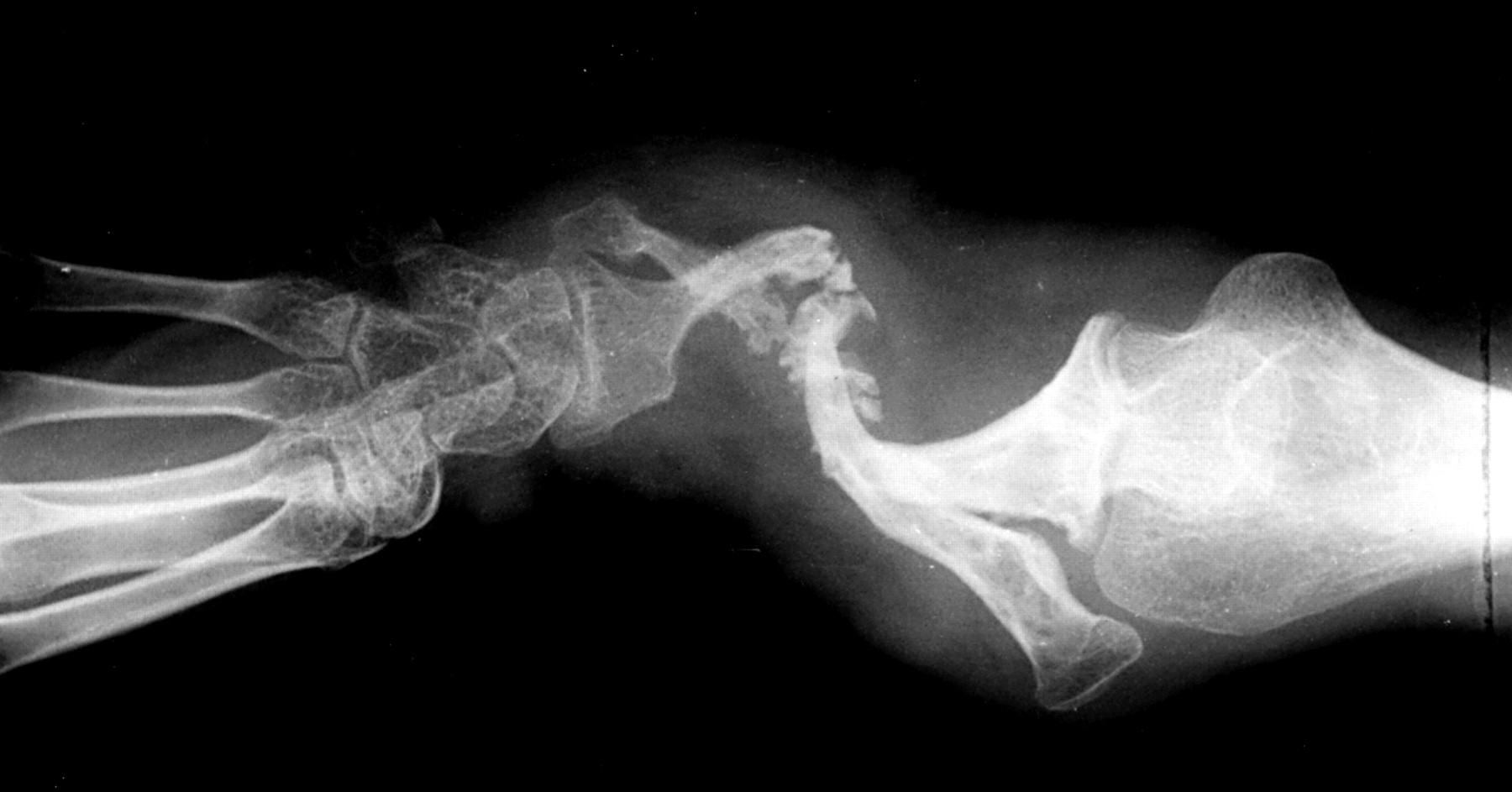
Spine Surgery Risks and Complications: This is What You Should Ask Your Doctor
Spinal cord is a long, thin, fragile tube-like structure that connects the rest of the body to the brain. Without it, communication between body and the brain would be disrupted. Every surgery has its own set of risks and complications. But when it involves spine or spinal cord, complications can be far more serious, sometimes resulting in permanent impairment. That is why, doctors too recommend spinal surgery only when there is no other alternative left. Even with the advanced tools and technology, 100% success rate in spine surgery is a distant dream. If you are planning to undergo a spine surgery, we can help you get the best spine treatment in India at low cost. Livonta global is associated with more than a hundred best hospitals that can provide you excellent health care services at reasonable rate. If you want to undergo spine surgery in India here is what you need to know.
It is advisable to openly discuss complications with the doctor prior to surgery. Doctors generally evaluate a patient’s condition and inform them about the risks involved in the surgery. Here are the general complications that may arise after the surgery and you should better prepare yourself for that.
Anaesthesia Related Complications
(image courtesy:medicalxpress.com)
Before any surgical procedures, one or another type of anaesthesia is given to the patient. It generally makes the patient unconscious so that he remains unaware of the surgical procedure and feels no pain. In most of the spinal operations, general anaesthesia is given. Some patients can get reactions to the drugs used in general anaesthesia. You should consult your surgeon about this prior to the surgery.
Blood Clots
(image courtesy:prevention.com)
When you undergo a surgery, your body tries hard to stop the bleeding caused due to the surgery. This can cause blood clotting in several parts of the body. If blood does not move well and become stagnant, it develops a clot. This is also known as thrombophlebitis. This can cause swelling and pain in the affected area, especially the leg. If the clot does not dissolve, swelling can cause permanent discomfort. In rare cases, clot can travel up to the lungs and disturb blood circulation. You must clarify with your surgeons what precautions they are taking to avoid this situation.
Lung Related Problems
(image courtesy:createdigital.org.au)
You must have been thinking, what does spine surgery have to do with lungs? Lungs are vital for healing and you must take good care of them after the surgery. After the surgery, lungs work at their full strength to provide plenty of oxygen to the body. If you do not take care of them after surgery, it can cause a major drop in oxygen level and patients can develop an infection in lungs. Sometimes anaesthesia given before the surgery also temporarily disturbs lungs’ function. If lungs do not function properly, they are unable to remove the fluids and mucus produced in lungs. This makes way for bacteria and can cause serious lung infection. Patients should do deep breathing exercises and cough often to ensure that lungs are working at optimum capacity.
Risk of Infection
(image courtesy:nursebuff.com)
In spinal surgeries, the risk of infections is less than 1%. It may be in the skin incision or much deeper in the vertebrae. You should immediately consult a doctor if the surgical wound becomes red, hot or swollen or does not heal. Sometimes, the incision oozes liquid or pus. Doctors can treat it with antibiotics or in some cases by removing skin stitches. In rare cases, it requires subsequent operation to fix the wound.
Risk of Hardware Fractures
(image courtesy:medicalnewstoday.com)
Spinal operations involve metal screws, plates and rods which are known as hardware. Sometimes, it breaks before the surgery is healed. This is known as “hardware fracture.” It requires another operation to remove or replace the hardware.
Complications Related to Implant Migration
(image courtesy:semanticscholar.org)
When an implant moves from a place where it was fixed initially, it is called implant migration. Some patients may face this problem in a few days after surgery. In case it moves towards the spine or large vessels, it can cause damage. Surgeons may have to perform another operation to replace the implant.
Injury in Spinal Cord
(image courtesy:health.com)
Spinal cord surgery involves great risk of injuring the spinal cord. Spinal cord controls the body’s movement with millions of nerves that are connected to specific parts of your body. Any kind of damage in the spinal cord can cause paralysis in some part of the body.
Pain May Not Go Away
(image courtesy:cancer.ie)
It is not necessary that you get rid of all your pain after the surgery. Some surgeries can increase the pain instead of reducing it. Some people feel chronic pain after the surgery. Discuss this in detail with your surgeon before taking any decision.
Sexual Dysfunction
(image courtesy:aidsmap.com)
Spinal cord controls movements and sensation of the entire body. If a nerve connected to the pelvic region is damaged during the surgery, it may result in sexual dysfunction.
Chronic Pain
(image courtesy:themindedinstitute.com)
Our spine has a spinal column that has a chain like repeating segments. Each segment takes an equal amount of load. If one segment is damaged, neighbouring segments have to take more load. In the long run, this can result in chronic back pain. This is known as transitional syndrome.
Pseudoarthrosis
(image courtesy:pmj.bmj.com)
Pseudoarthrosis literally means ‘false joint’. Sometimes, the metal hardware like screws, plates used in the surgery breaks over time. This may increase pain. Bone grafting, replacing the metal hardware or adding an electrical stimulator are some effective remedies for this problem.
Spine TreatmentTags: Anaesthesia Related Complications, Best Spine Treatment in India, Blood Clots, Lung Related Problems, Risk of Infection












